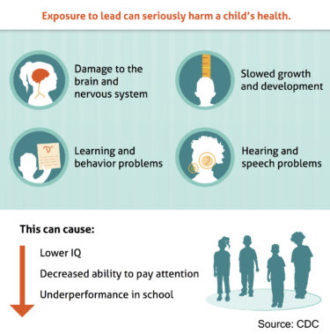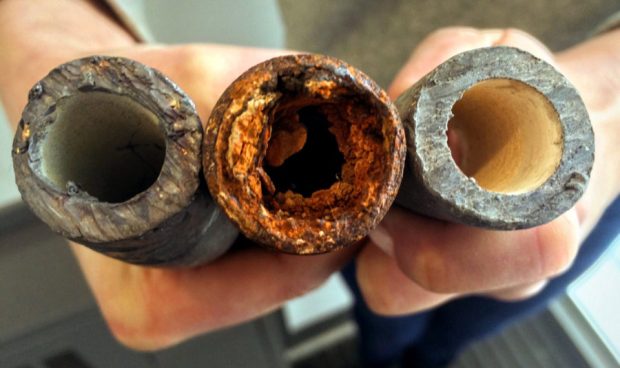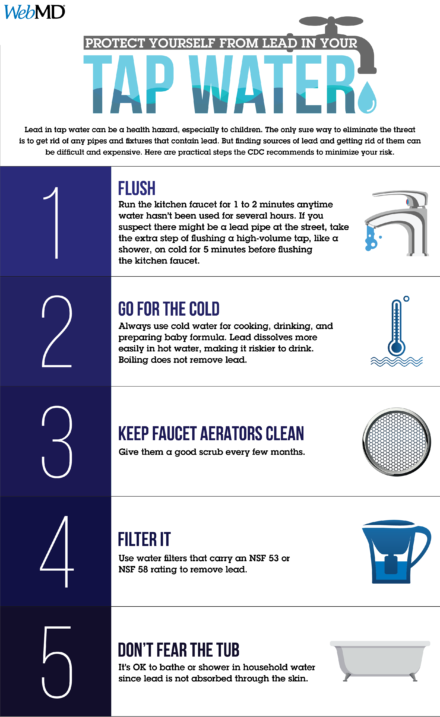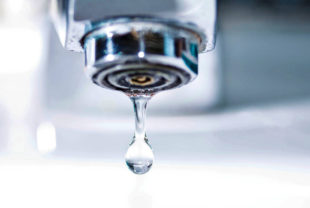Brenda Goodman is a staff writer for WebMD. Andy Miller is editor and CEO of Georgia Health News. This investigation was done in collaboration with WebMD, and was supported by a grant from The Arthur M. Blank Family Foundation.
Georgia officials will more closely monitor how utilities in the state test water for lead.
For the first time, the Georgia Division of Environmental Protection (EPD) will audit the addresses where water systems collect their samples to be sure those sites are at the highest risk for lead contamination, according to Lewis Hays, who is EPD’s watershed compliance program manager.
Hays says the EPD will conduct regular audits of testing forms and follow those up with site visits. The agency also plans to develop enforcement actions to respond to problems.
Federal rules require water utilities to periodically sample and test tap water for lead. These samples are supposed to come from homes that have a high risk of lead problems because of the age of their plumbing. Utilities usually sample 30 to 50 homes every three years.

Failure to test high-risk homes was one reason the lead contamination of the water supply in Flint, Mich., went undetected for nearly a year after the city began drawing its water from a different, less safe source.
The state’s policy changes come after a six-part investigation by Georgia Health News and WebMD in 2017 that found many water utilities fall short of federal standards by testing sites that shouldn’t qualify and in some cases, misrepresenting those sites on official forms submitted to the state.
Out of 105 mid-size and large water systems that the media organizations surveyed in Georgia last year:
** About half of these water systems — 58 — have tested some sites at lower risk for lead problems instead of focusing solely on those at highest risk.
** 49 of those water departments had also labeled some lower-risk sites as higher risk, giving the appearance they were following testing guidelines when they were not.

Other stories in the series showed how people in homes that had tested high for lead had not been notified, as required by law, and how public health officials had a slow response to a child’s elevated lead levels. The reporting also found records pointing to risky lead water pipes — or service lines — remaining in some parts of the state, including metro Atlanta. (Here’s a link to the series of articles.)
Environmental advocates said they were pleased by the state’s action.

“Georgia’s new commitment is a step in the right direction and one that all state agencies should imitate,” says Yanna Lambrinidou, who is affiliate faculty in the Science and Technology in Society Program at Virginia Tech University in Blacksburg.
“The Lead and Copper Rule’s requirement that water utilities monitor for lead at highest-risk homes and sample in a way that captures worst-case lead levels is foundational. When utilities fail to meet it, they can miss severe contamination and leave residents vulnerable to chronic and acute exposures for months and even years,” said Lambrinidou, who is also founder of the non-profit group Parents for Nontoxic Alternatives.
But she added that the results of the auditing and enforcement process should be open to the public to ensure that the rules designed to protect consumers “work as intended,” she said.
Other experts echoed her thoughts.
“We are glad to see the important steps that Georgia’s Division of Environmental Protection is taking to address the shortcomings in its lead sampling revealed by last year’s articles from Georgia Health News and WebMD. Without their investigative report, I am not sure how these problems would have been found and fixed,” said Tom Neltner, chemicals policy director for the Environmental Defense Fund in Washington, D.C.
The CDC says no amount of lead in blood is safe.

Lead is especially dangerous to children, who absorb as much as 90 percent more of the element into their bodies than adults. Researchers have found that even at low levels, lead can damage a child’s brain, lowering intelligence and damaging the ability to control their behavior and attention.
For 25 years, state environmental regulators in Georgia have operated on an honor system, relying on water systems to properly select and report the sites where they have sampled water for lead.
The EPD further said it will provide training to all EPD drinking water personnel in Atlanta and the districts so that all are able to respond to lead and copper compliance issues.
Sources:
Lewis Hays, Watershed Compliance Program Manager, Georgia Department of Natural Resources, Division of Environmental Protection, Atlanta
Yanna Lambrinidou, PhD, is affiliate faculty in the Science and Technology in Society Program at Virginia Tech University in Blacksburg
Tom Neltner, JD, chemicals policy director for the Environmental Defense Fund, Washington, DC

